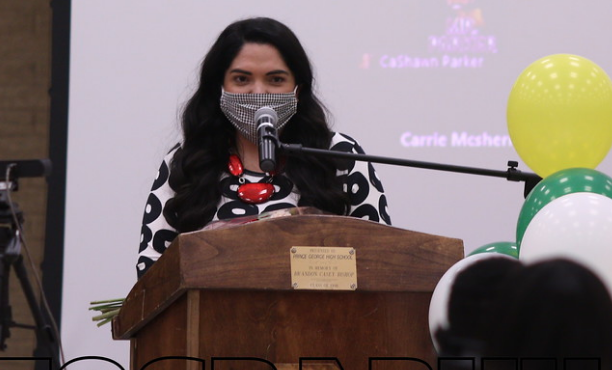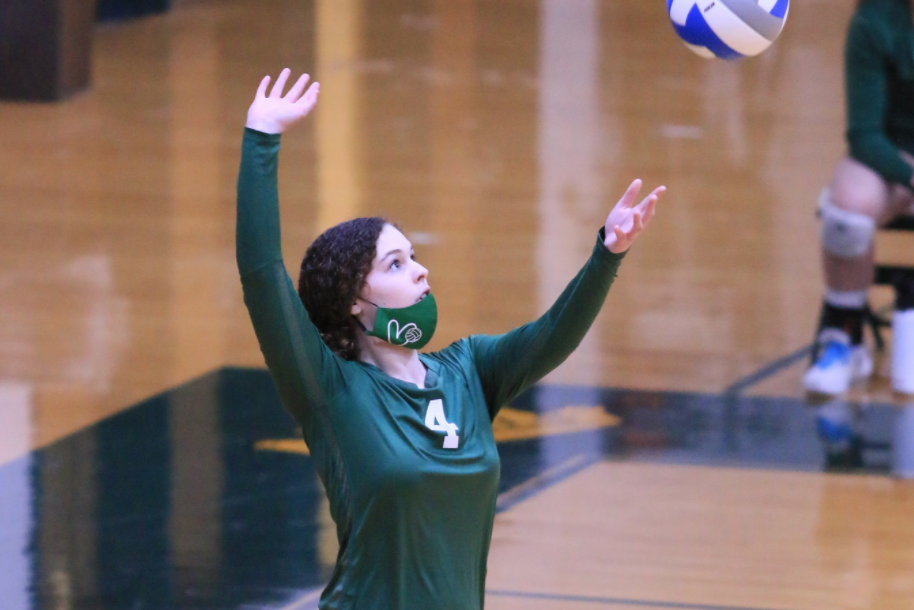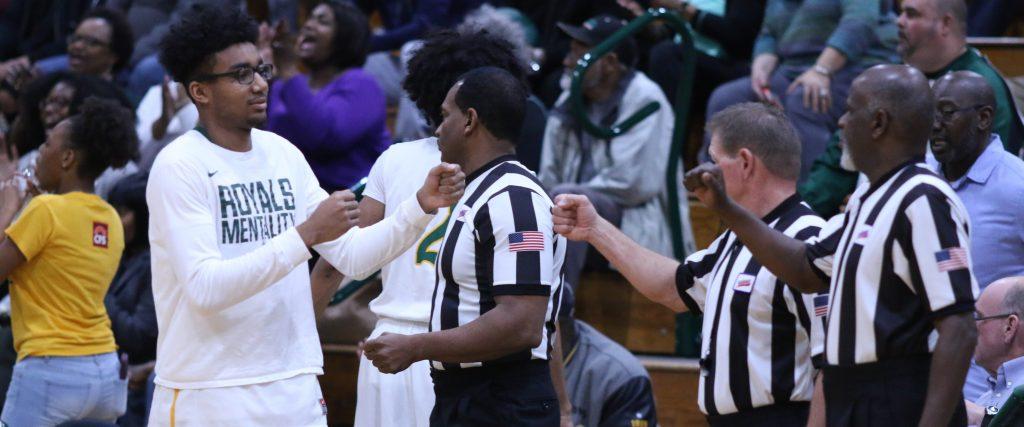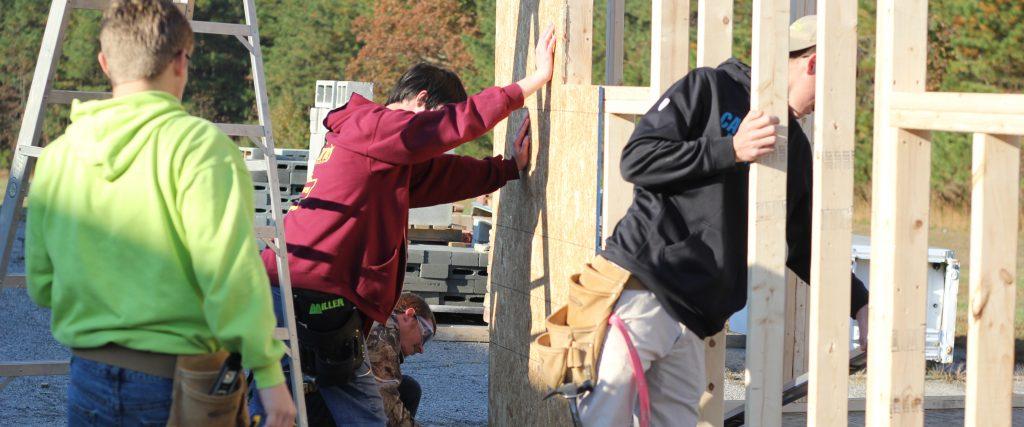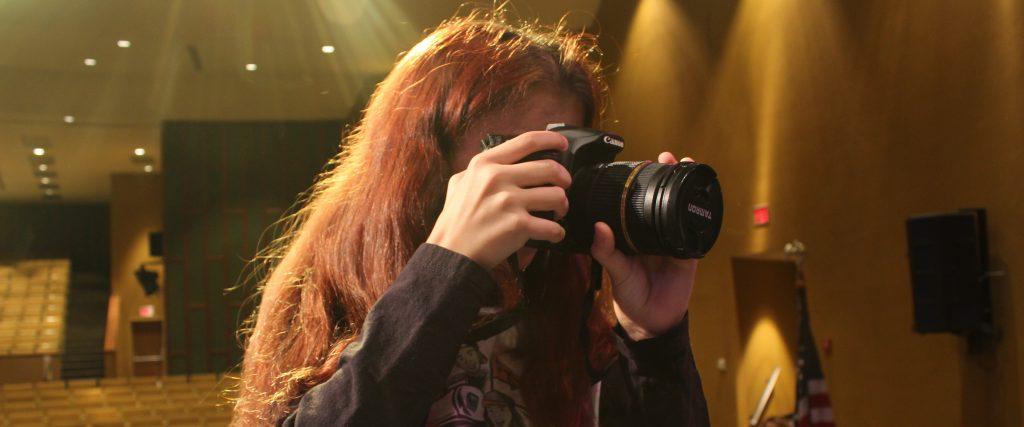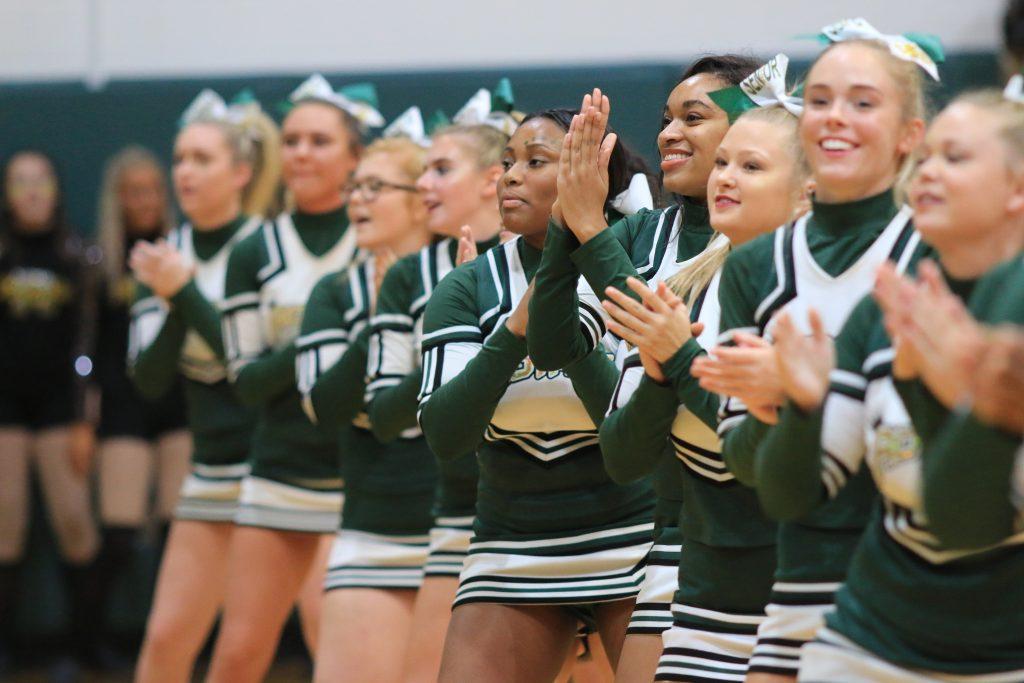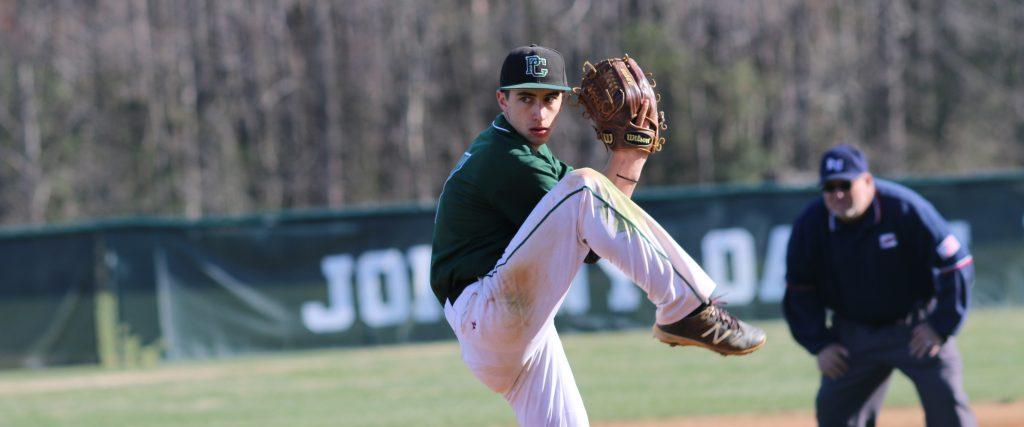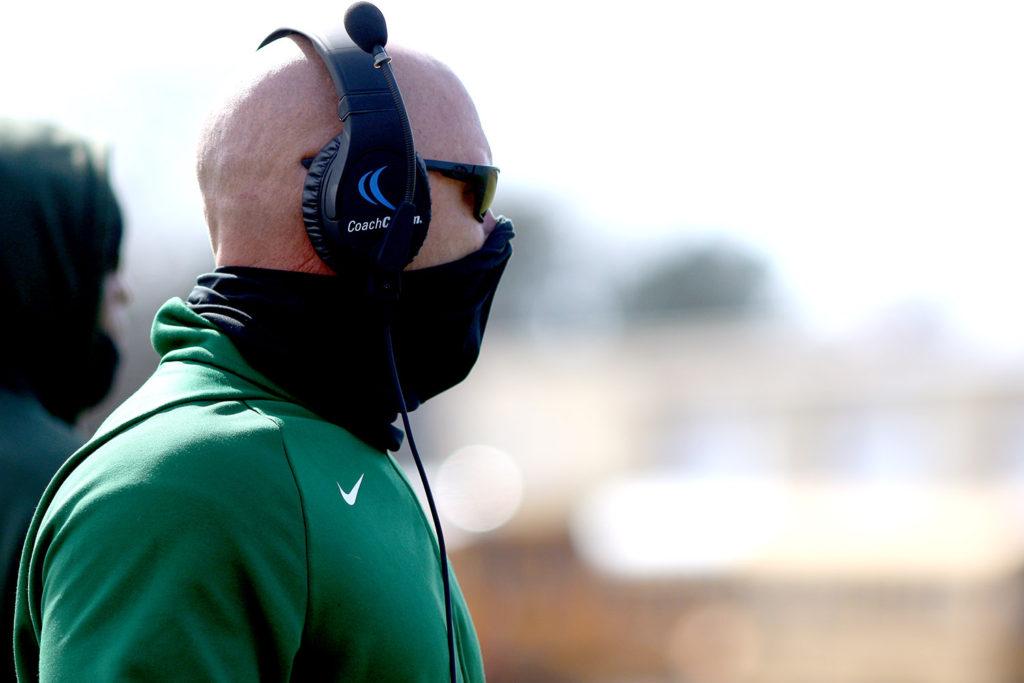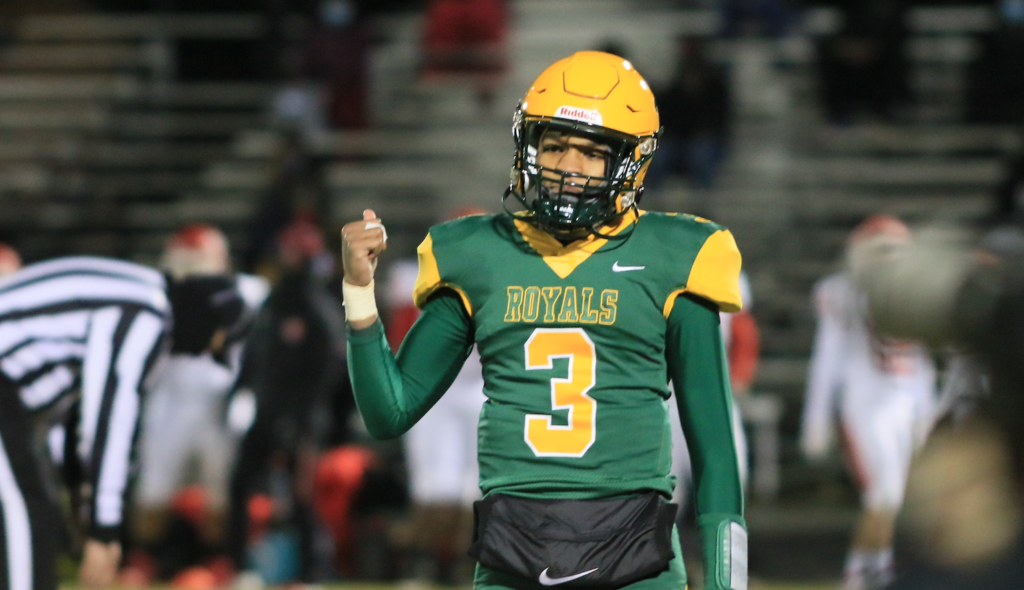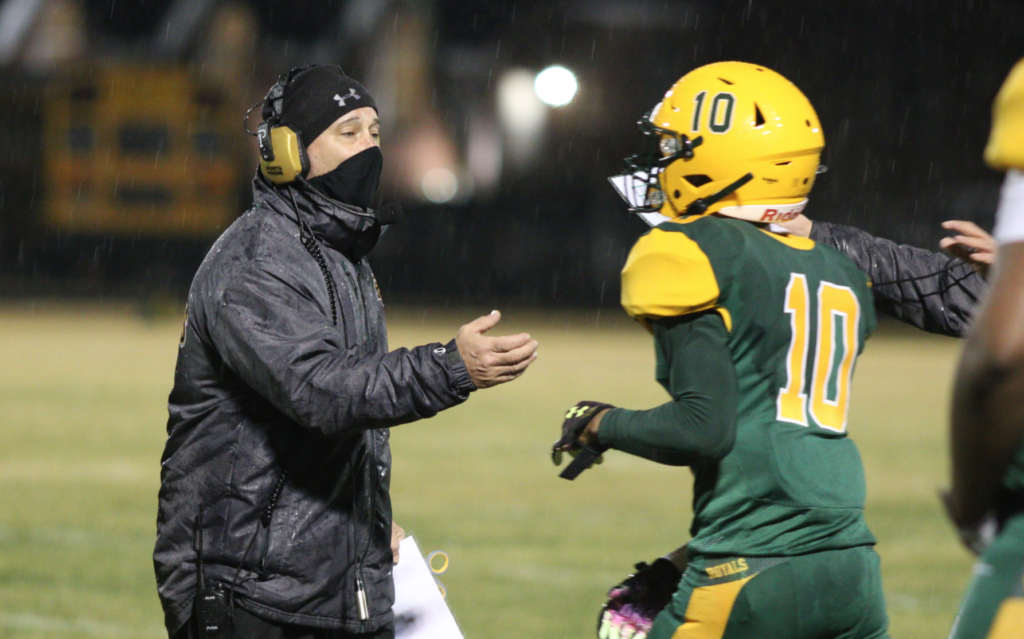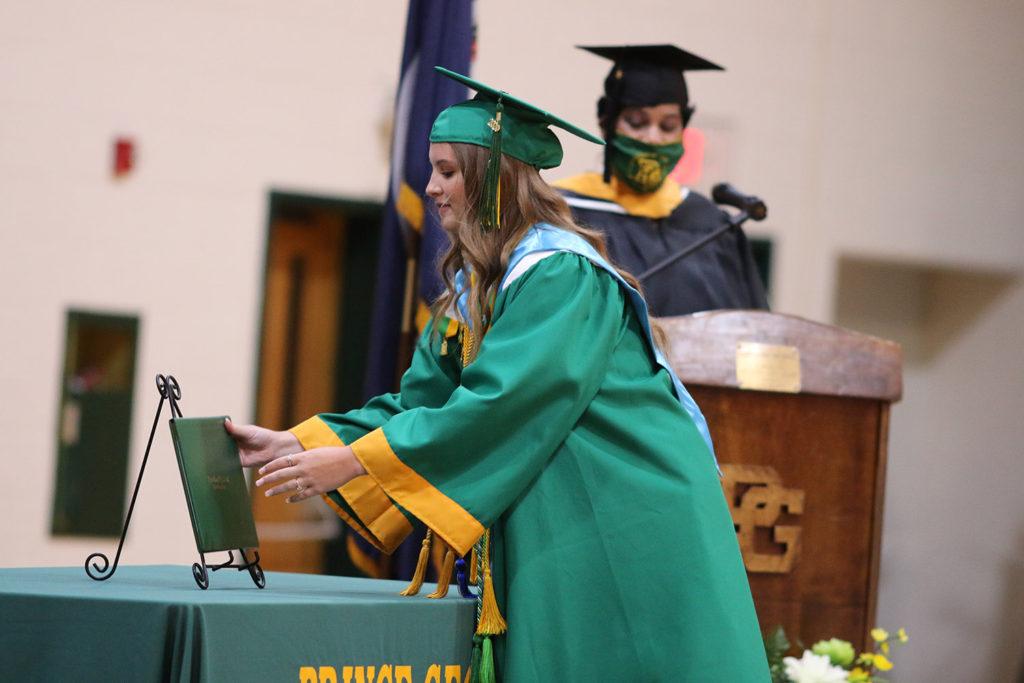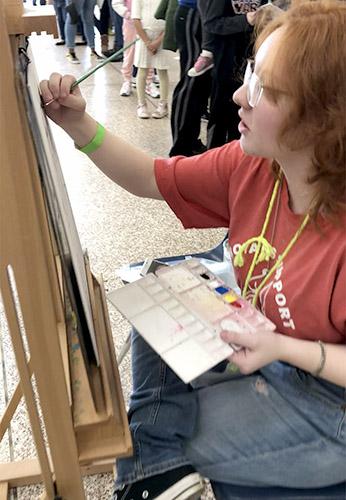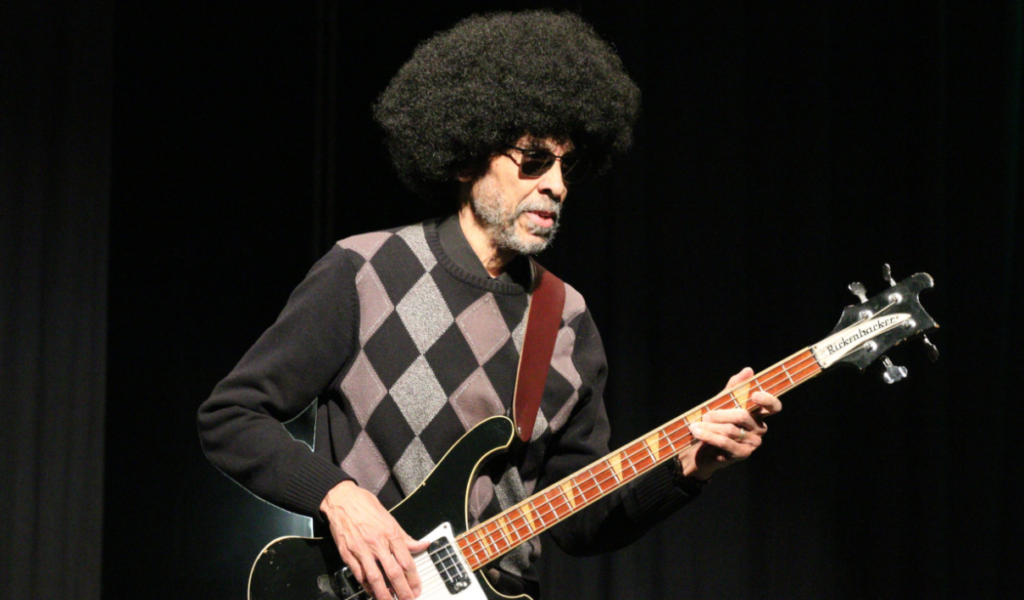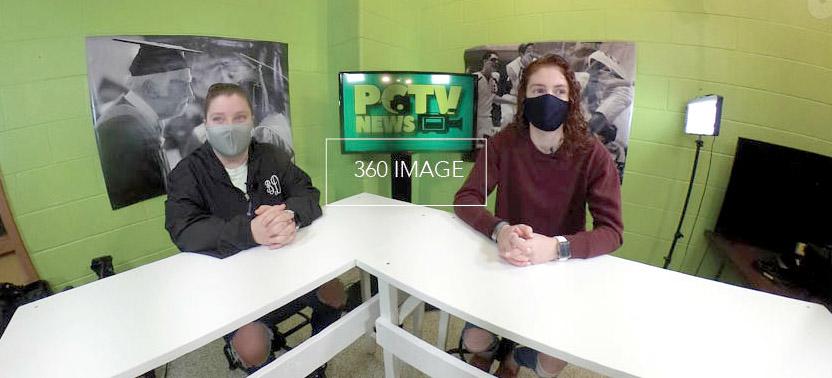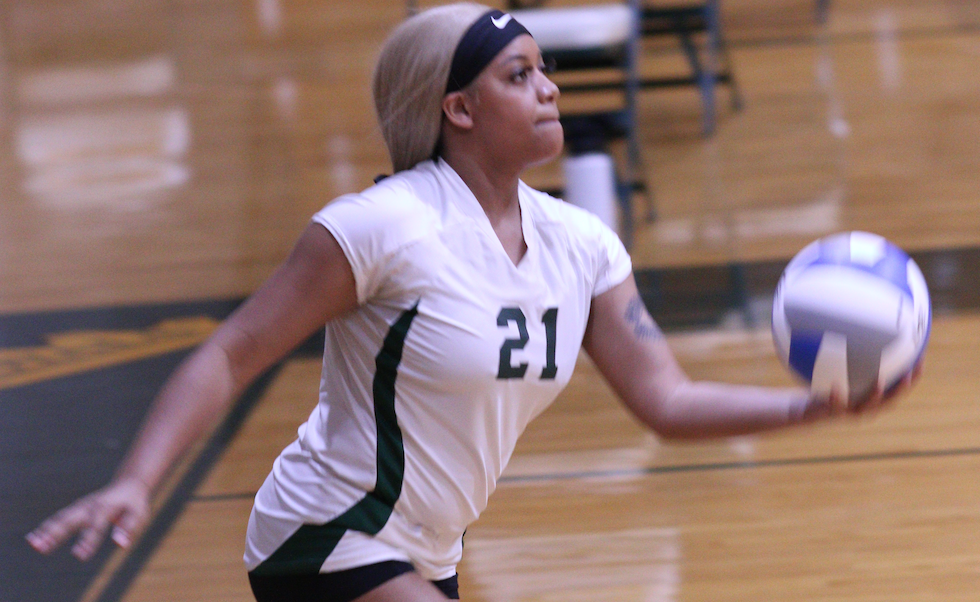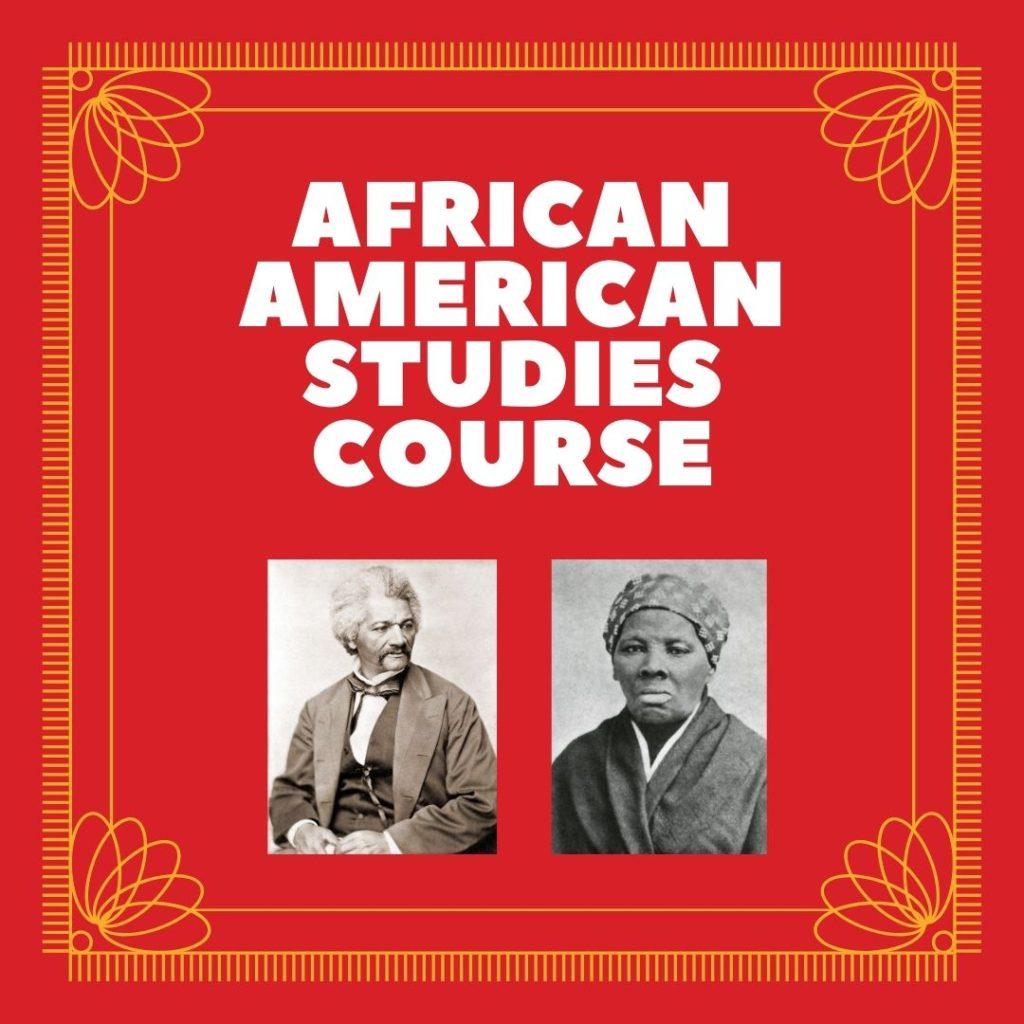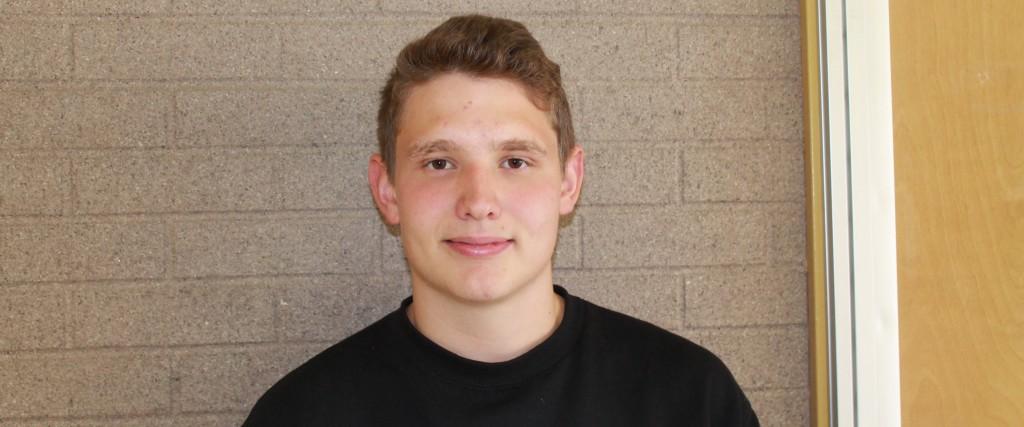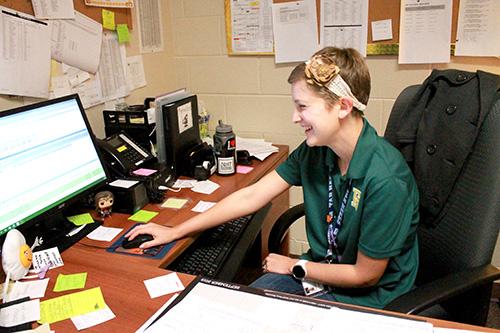Many students who attend Prince George High School have been born and raised in Virginia. Some have moved here because their parents’ occupation required them to come to Virginia or have been located here as a military child. One student stands alone as a major exception: Cord Reuscher.
Reuscher is one of a handful of students who have had the opportunity to attend Prince George as a foreign exchange student over the years.
“[Attending Prince George] is definitely exciting because we’ve got different classes…[but] it’s all in English,” Reuscher said. “It’s hard.”
Reuscher has been attending Prince George since the second quarter of the school year. Being a foreign exchange student has brought many new and different experiences to Reuscher. In a lot of ways it is harder to attend a school in a foreign country.
“It’s definitely more homework. Mostly because I didn’t do my work in Germany,” Reuscher said. “[But] it’s easier to learn [in school] here,”
Reuscher has had the opportunity to visit many tourist locations since he arrived in the United States.
“We went to Florida and Universal Studios and Disney World. It was exciting,” Reuscher said.
Reuscher is currently staying with Doug and Melinda Shank, his host family, in Disputanta.
“[The Shank family] have been friends for three years with us [my family],” Reuscher said.
In Germany, students are required to take a standardized test at the end of their fourth grade year. This test has the potential of placing them into one of three schools, based on their test score. The options, in order from best score to least, are Gymnasium, Real, and Hauptschule.
All of these schools continue German education until the college level. It is basically a combination of ranked high school and middle school, starting in the fifth grade.
Cord Reuscher tested into the highest level of school: Real. German schools also have very advanced classes that teach some material that may be one to two years ahead of what kids in the same grade in America are being taught, especially in the fields of math and science. For instance, many German students learn long division early in the third grade, whereas many students in America won’t learn how to do long division until late fourth or early fifth grade.
Also students will learn about the properties of water, in-depth in the fourth grade. These include capillary action, surface tension, and water as a universal solvent.
Reuscher is very optimistic about the idea of having someone from America become a foreign exchange student in Germany and have the opportunity to live with him and his family.
“I would like to have a guy or a girl with me in Germany,” Reuscher said.

